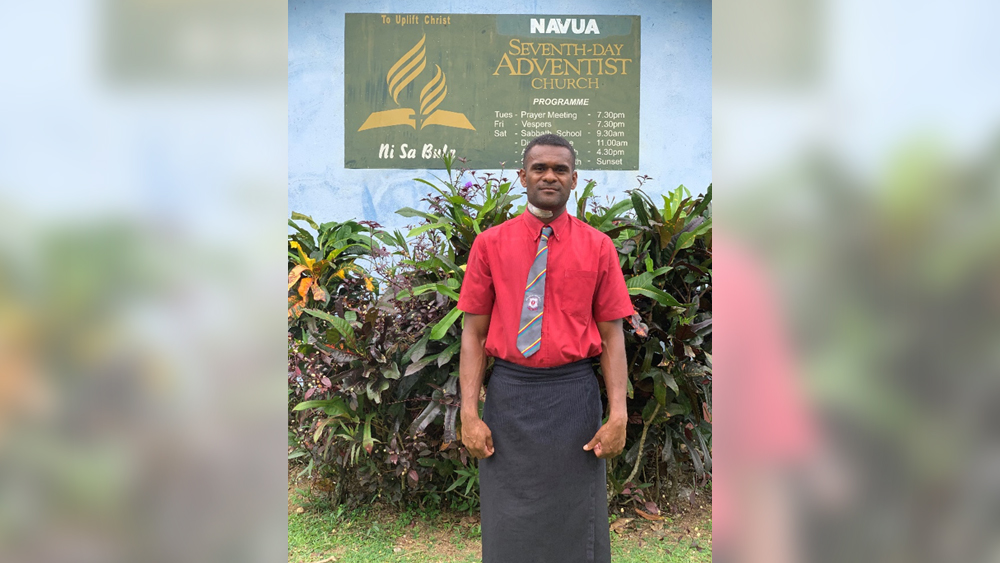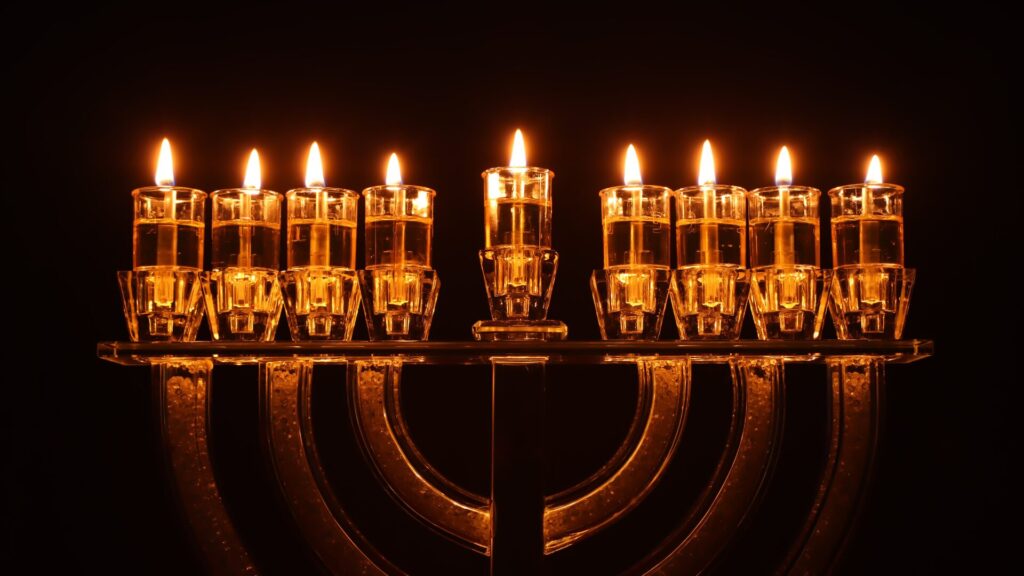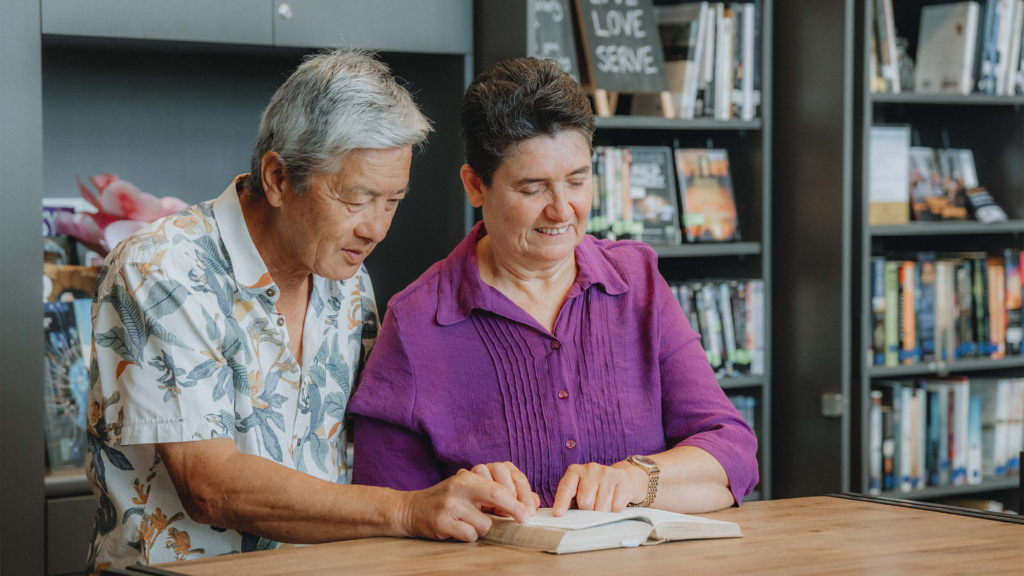Viliame Vakamoce and his wife, Mere Serukalou, were married in 2010, when they were both in their very early 20s. They lived with Viliame’s family in Navua, a little town about 39 kilometres from Suva, Fiji.
Viliame came from an Adventist family and studied at an Adventist school. Mere was not an Adventist but was baptised two years after they married.
After she joined the Church, Viliame left—joining his friends partying and drinking every day. Viliame was a diver and every day he went out diving, returning home drunk and causing trouble for his family. Mere and her mother-in-law never stopped praying for Viliame.
On Sabbath, the family would go to church while Viliame would go with his friends for a rugby game and drinking session to follow. It was a tough time for Mere and their three children, but for seven years they never stopped praying.
Early in 2019, Viliame and his wife lost their jobs and life got harder. In July, Viliame got baptised after attending two weeks of the Pentecostal Harvest evangelism program in Fiji. The family was happy and kept thanking God for this change. Following his baptism was an intense two weeks of Bible study with Fiji Mission president Pastor Luke Narabe, who is a member of the Navua Church.
Viliame shares that those four weeks were mind-blowing because he had never read and studied the Bible like this. “In the past, I have always come to church because my parents were Adventist and coming to church was more of an obligation as opposed to something I have to celebrate and rejoice upon.”
Viliame’s life and perception toward church began to change. Every Sabbath, he would attend church with his family and his friends would laugh and tease him because of the sudden change they saw in him.
Life was still difficult as the couple remained unemployed. Prior to Viliame’s baptism, the couple applied for Viliame to join the Corrections Department as a prison officer. A few months later, Viliame’s application was accepted and Viliame was called to the Prison Complex in Naboro for induction the weekend after his baptism.
Viliame was happy that he was finally going to be employed, but this meant that he would have to work on the Sabbath. After contemplating this, the couple sought God’s advice.
That Friday, Viliame went to camp for his induction, assuming that it was going to be a one-day exercise. To his surprise, they were required to stay the whole weekend to train. Training would start early Sabbath morning. Viliame was devastated. He regretted attending the induction but continued to pray. He felt so guilty that Sabbath morning as he trained for work. He knew he was disobeying the essence of the commandment.
The following weekend, Viliame returned to camp. That Friday evening as he studied his Bible before bed, he pleaded with God to show him a sign. As he opened his Bible, Exodus 20:4 was highlighted in front of him and he knew it was God speaking directly to him. He closed his Bible and knew immediately what to do.
The next morning was Sabbath. Before training, he went to the officer-in-charge and requested to resign, effective immediately. The officer said to him, “You have no right to yourself once you’ve sworn an oath to join the department. There’s no turning back from now on, go change and return to your team.”
Viliame was disappointed and prayed for God to help him. He knew he needed the employment because of his family back home. He had waited and prayed for months and here was an opportunity. As he thought long and hard about this, Matthew 16:26 came into his mind: “What good will it be for someone to gain the whole world, yet forfeit their soul? Or what can anyone give in exchange for their soul?”
Viliame was further troubled at the thought of the text. That morning, during the team-bonding activity, as Viliame was running uphill, he collapsed and fell flat on the ground, unconscious for a few seconds. A few officers and team mates came to his rescue and, as he returned to consciousness, one of his team mates asked him what his religion was.
Viliame said he was an Adventist. The team mate admitted that he was an Adventist as well and said that Viliame collapsing was an answer to both their prayers about working on the Sabbath. The two returned to camp and agreed to resign. The next morning, the two young men handed in their resignations. According to the officer-in-charge, no one had ever resigned on religious grounds during the induction phase, only on health grounds. The two were detained in camp; their reason for resignation deemed unreasonable.
This demanded immediate attention. On Monday, five senior officers came to the camp to see these two young men and tried to convince them not to resign. The two young men, like Shadrach, Meshach and Abednego, were adamant and refused to give in to the senior officers’ demands and requests. The officers reminded them they had sworn an oath and could be charged for this act.
Unapologetically, the young men responded that they would rather obey God’s commandment than the command of men. By Wednesday evening the two young men were sent home with their resignation accepted after three days of detainment.
Viliame and his friend haven’t seen each other since, but as they parted ways, both were encouraged to stay true to God and to share their incredible testimony wherever they went. Today Viliame and his wife remain unemployed but have peace knowing that while jobs in this life may fail them, God remains true and faithful.

Kesaia Vasutoga-Fanning is program quality coordinator for Oxfam in the Pacific and a member of the Samoa Adventist Community Church in Fiji.






